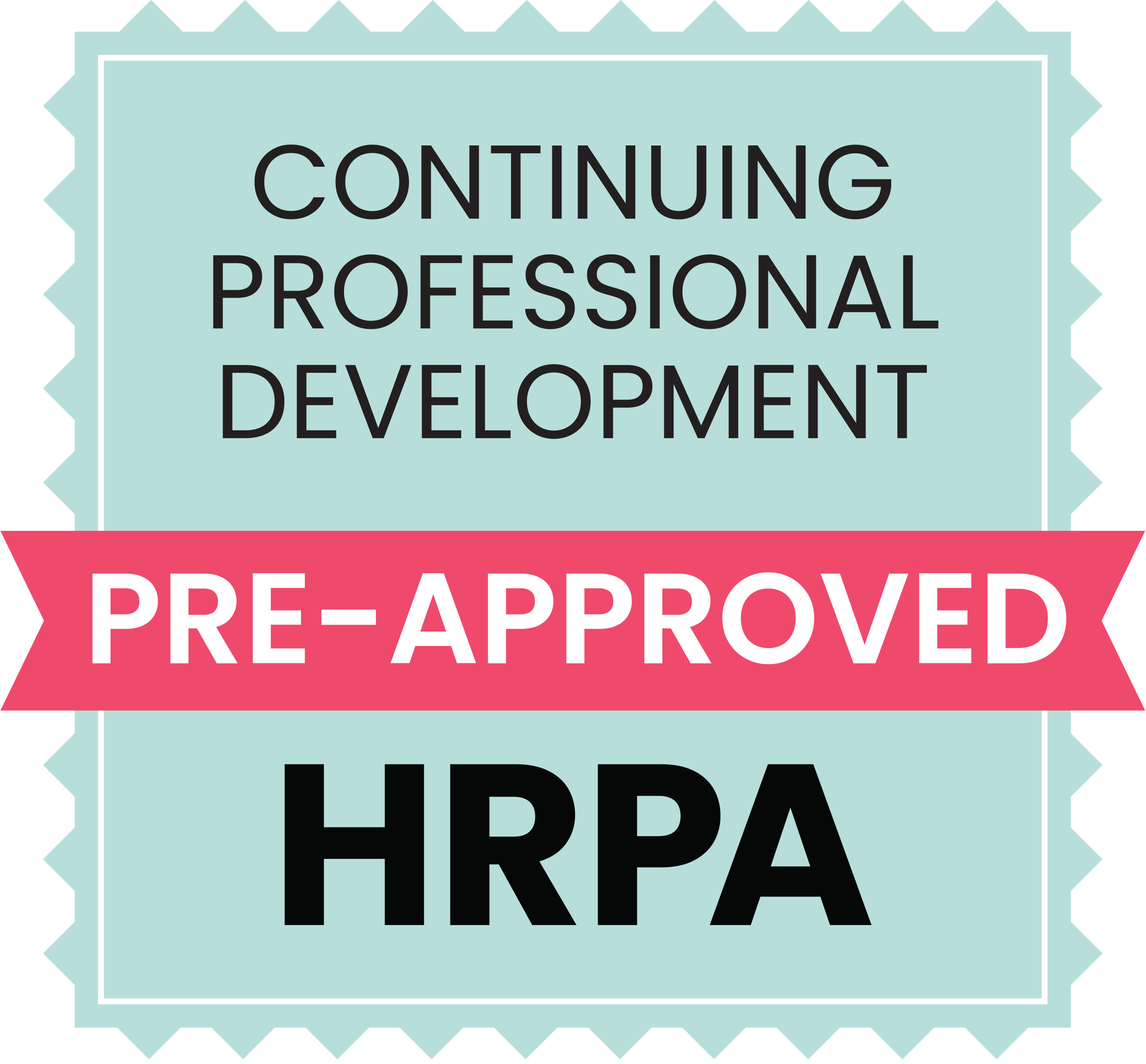Conference Co-Chairs
Conference Advisory Committee
Wednesday, November 1, 2023
9:00 am – 9:10 am ET – Introductory remarks by Co-Chairs
Notable and Newsworthy: Major caselaw and legislative developments
![]()
Christopher Rootham
Board Member
Federal Public Sector Labour Relations and Employment Board (FPSLREB)
In this session, experts will examine recent significant developments in labour law. Panelists will address the latest cases on government intervention in collective bargaining, lessons to be learned from emerging jurisprudence on COVID-19 policies, and perennial issues such as privacy, discipline, and discrimination, harassment, and accommodation. The panel will also examine legislative updates including Canada’s ratification of the ILO Violence and Harassment Convention, 2019, and legislation dealing with forced labour. Final selection of topics will take place in the weeks leading up to the conference, ensuring coverage of the latest and most newsworthy developments.
Break: 10:25 am – 10:40 am ET
Disabilities That Elude Diagnosis: Accommodating employees with undiagnosed or poorly understood conditions

Wendy Laframboise
Nurse Practitioner
Coordinator, Post-Covid Rehab
The Ottawa Hospital Rehabilitation Centre
Challenges often arise in accommodating employees with conditions that cannot be identified by a clear diagnostic test or that are not yet well-understood within the medical community. In this session, experts will address these challenges, answering questions such as:
- What are common medical conditions that elude diagnosis, or that are considered “diagnoses of exclusion”? Why does “long COVID” fall within that list?
- Is a definitive diagnosis, or “objective evidence,” necessary to establish disability? How should employers and unions respond where there is a lack of available medical practitioners with the requisite knowledge or experience to assess and attest to the condition?
- How can employers and unions effectively formulate requests for medical information where an employee’s condition cannot be confirmed using a clinician’s diagnostic test?
- When sick leave abuse is a concern, how can an employer distinguish between employees who have genuine, difficult-to-diagnose disabilities, and employees who are feigning illness? May an employer discipline or dismiss an employee who is frequently absent, underperforming, or exhibiting atypical workplace behaviours but who asserts that it is due to an as-yet undiagnosed disability?
- How do the stereotypes and stigmas associated with these medical conditions contribute to the challenge of providing accommodation?
What types of accommodations may be of assistance to an employee suffering from persistent or chronic symptoms that may impact their ability to work? For example: What measures may assist an individual with long COVID?
Lunch: 11:50 am – 1:00 pm ET
ReconciliACTION: Addressing TRC recommendations in legislation
The Criminal Code of Canada continues to provide legal protection for parents who use corporal punishment for purposes of correction against their children. Yet extensive research evidence shows that such violence has no positive effect but does result in short and long term harm. Bill S-251 seeks to remove section 43 of the Code to offer children the same protection from assault as all others living in Canada have. Senator Kutcher, a child and adolescent psychiatrist, will address this issue, which has also been flagged by the Truth and Reconciliation Commission (TRC #6). Consideration of the responsibilities of parents and the rights of children in the context of today’s mental health realities will help frame this presentation.
Breaking Barriers: Best practices in promoting equity, diversity, and inclusion in the workplace
Promoting equity at work requires a commitment from workplace actors to remove barriers to participation and success, to proactively support inclusion, and to ensure that measures do not, in fact, perpetuate discriminatory practices. In this session, experts will address the ongoing work of the Employment Equity Act Review Task Force and examine topics such as improving equity in promotion and retention, the best means of effectively measuring equity efforts, and the promise and peril of data in improving workplace equity.
Break: 2:35 pm – 2:50 pm ET
Off-the-Clock Conduct: Reconciling employee free speech and employer reputational concerns
An employee’s off-duty conduct can affect the reputation of a workplace, impact the well-being of colleagues, and lead to discipline or termination. In this session, experts will examine employer and union rights and duties in promoting appropriate employee behaviour, both within and beyond the workplace. Panelists will address questions including:
- Can employers limit employees’ off-duty conduct? Is the nature of the business relevant? When does an employee’s right to express personal opinions while off-duty become a legitimate concern for the employer?
- Are there any limits on an employer’s ability to monitor the physical or online activities of off-duty employees?
- What constitutes political speech or activity? Can an employer limit political speech or activity in the workplace? What about outside of the workplace?
- Can employers or unions offer or require training regarding what constitutes appropriate off-duty conduct?
- In what circumstances have employees been disciplined or had their employment terminated for their off-duty conduct?
- What language should be incorporated into workplace policies and collective agreements to address off-duty conduct?
- What key terms should be included in employee social media policies?
- What are best practices for employers and unions seeking to balance employees’ freedom of expression and the need to ensure a workplace free of discrimination and harassment?
Day 1 Closing Remarks: 3:55 pm – 4:00 pm ET
Networking reception: 4:00 pm – 5:00 pm ET
Thursday, November 2, 2023
Introductory remarks by Co-chairs: 9:00 am – 9:10 am ET
Asset or Adversary? Examining the implications of artificial intelligence for the world of work

Dr. Valerio De Stefano
Canada Research Chair in Innovation Law and Society, Osgoode Hall Law School
York University
When ChatGPT was launched less than a year ago, the promises and dangers of advanced artificial intelligence moved from the annals of science fiction to the front page of newspapers. While fears about automation killing jobs are not unique to this latest technological revolution, the concerns this time have shifted from work involving repetitive tasks and physical effort to white collar, creative, and intellectual work. The Writers’ Guild and SAG AFTRA strikes bear witness to the encroachment of machines into types of work that had long been thought to require uniquely human faculties. In this session a panel of experts will explore AI’s impact on the world of work and discuss the implications for labour relations:
- How, if at all, are ChatGPT and similar AI applications different from previous AI programs? Do they “think”? Are they conscious? Are they creative?
- Are concerns about AI’s impact on work overblown? Is this technological advancement really different from previous technological revolutions that fomented their own concerns about mass unemployment and the dehumanization of work?
- What jobs and sectors will be most affected by AI? How should unions and employers use collective bargaining to address the potential impact of AI on those jobs and sectors?
- Should both employers and unions lobby government for increased regulation of AI and its effects on work and workers? If so, what should they be asking for? Is there any common ground?
- Will human resources be taken over by “algorithmic management,” which is defined as delegating to algorithms certain managerial tasks such as filtering through applications for employment, assessing employee performance, or even making decisions regarding termination of employment?
- How should employers and unions address the potential use of algorithmic management in collective agreements? Do all collective agreements need to address this issue?
- Could AI take over some labour relations tasks like writing policies, interpreting contract language, drafting grievances, researching law, formulating arguments based on precedent, or even deciding the outcome of grievances?
Break: 10:25 am – 10:40 am ET
Fostering Diversity: Removing barriers to recruitment, retention, and promotion of neurodivergent employees

Virginie Cobigo
Executive Director, Open Collaboration for Cognitive Accessibility
Associate professor
Faculty of Social Sciences, School of Psychology
University of Ottawa
Neurodivergent Canadians, i.e. those who have lifelong neurological or developmental conditions such as Autism Spectrum Disorder (ASD) or Attention Deficit Hyperactivity Disorder (ADHD), continue to face significant employment barriers despite growing recognition of the benefits of neurodiversity in the workplace. For example, only about a third of working-age Autistic Canadians are employed, and those who are employed are substantially more likely to be underemployed than the general population. In this session, experts will explore why these barriers persist and offer guidance on providing accommodation to neurodivergent employees and jobseekers.
- Why is the term “neurodivergent” used to describe people with learning disabilities, ADHD, and ASD? What do these conditions have in common? How are they different?
- How do common stereotypes affect the inclusion and accommodation of neurodivergent employees in the workplace? What can be done to combat these stereotypes?
- Should workplace neurodiversity be actively promoted in the same way as other forms of organizational diversity? If so, should jobseekers be required to provide medical documentation during the hiring process or should self-identification be accepted?
- What can employers and unions do to eliminate or reduce the barriers faced by neurodivergent jobseekers?
- Why do many neurodivergent employees find it difficult to retain employment or advance at work?
- What accommodations are likely to help neurodivergent employees not only stay at work but thrive?
- What type of medical information can employers require from neurodivergent employees seeking accommodation? Should a detailed neuropsychological evaluation report be required?
- How often, if ever, should updated medical information be requested from a neurodivergent employee, who, by definition, has a lifelong condition?
- What accommodation should unions provide to neurodivergent members accessing union services and using union processes?
Lunch: 11:55 am – 1:00 pm ET
Navigating the New World of Work: Addressing privacy, accommodation, conflict, and collaboration in hybrid and remote work arrangements
As some employers renew calls to return to in-person work, parties have remained deeply divided over the promise and drawbacks that work-from-home arrangements pose for productivity and teamwork. In this session, panelists will provide expert guidance on navigating these concerns, addressing questions including:
- Are employers entitled to monitor the productivity of employees working from home through surveillance measures such as monitoring software? What lessons can be learned from how arbitrators have balanced employers’ interest in ensuring productivity with employees’ right to privacy in other contexts?
- When will misuse of working time rise to the level of “time theft”? How should employers address employees who use working time for other purposes while at home — such as napping, doing laundry, or looking after family members?
- What are emerging best practices for ensuring that a remote or hybrid working arrangement does not negatively impact creativity and collaboration? With many employees reporting increased loneliness arising from their work-from-home arrangements, what proactive steps can be taken to foster well-being and connection among remote team members?
- In what ways has shifting to a remote or hybrid work arrangement ameliorated or exacerbated workplace conflict, harassment, and discrimination? How can parties ensure that inappropriate workplace behaviours do not simply shift to forums that may be harder to monitor (e.g. online chats)?
- When will a decision to require employees to return to in-person work constitute an improper exercise of management rights? Is there a business case to be made for allowing remote or hybrid work, even where an employer may otherwise legitimately require employees to return?
- When must an employee’s request for accommodation through a remote working arrangement be granted?
- Do employees returning to in-person work have a right to return to their former office space? How can workplace parties ensure “co-working” arrangements (such as desk “hoteling” or “hot-desking”) do not lead to increased conflict or health and safety hazards?
Break: 2:15 pm – 2:30 pm ET
Investigating Investigations: An examination of current best practices and recent developments
Workplace investigations have evolved in recent years, including an increased use of remote interviews and a focus on the impact of biases on the investigation process. In this session, experts will discuss important developments in this area, in addition to practices and policies that safeguard fair and effective investigations. The following questions will be discussed:
- What lessons can be learned from recent cases addressing the appropriate scope of an investigation, considering the need to preserve a fair, adequate, and effective investigation process?
- What strategies can workplace parties implement to address the challenges of conducting investigations in a remote work environment? Is there any proven or perceived benefit to conducting workplace investigations in-person?
- How can workplace investigators ensure that they are mindful of unconscious and implicit biases during the investigation process? What impact do these biases have on workplace investigations?
- What are best practices when it comes to incorporating a trauma-informed approach to conducting witness interviews during an investigation?
- How can investigators effectively identify and address pervasive systemic discrimination in the workplace through the fact-finding and report-writing process? How can employers and unions support investigators in this endeavor?
- What measures should an employer take when an allegation is not substantiated? What role does the union have in restoring a safe and healthy workplace for all parties involved in these circumstances?
Day 2 Closing Remarks: 3:45 pm – 3:55 pm ET
Friday, November 3, 2023
Workshop
*Workshop sold separately from stand-alone conference.
Breakfast: 8:00 am – 9:00 am ET
Workplace parties may have a legitimate need to access and assess employee medical information throughout grievance and arbitration processes, but it is crucial that they do so in a reasonable and appropriate manner. In this interactive workshop, attendees will learn the legal framework governing the appropriate collection, use, and storage of employee health information; strategies for requesting, obtaining, and assessing information from healthcare professionals; and key principles relating to the use of medical information at arbitration. Guided by expert panelists, attendees will leave ready to:
- Assess the reasonableness of requests for employees’ personal health information;
- Evaluate the adequacy of information provided;
- Respond appropriately to vague or deficient information;
- Approach employees/union members about needed information with sensitivity;
- Determine what type of information should be obtained from different health care professionals and assess when specialist reports or independent medical examinations are necessary;
- Recognize when a health care professional is acting as an advocate or assuming an inappropriate role;
- Safeguard personal health information in compliance with legislation and in accordance with best practices; and
- Use medical evidence effectively in the grievance and arbitration process.

This program has been approved for 9.75 Continuing Professional Development hours under Section A3 of the Recertification Log of the Human Resource Professionals Association.

Members of the Law Society of Ontario may consider counting this program for 9.75 substantive hours.

The Ottawa Labour Law Post-Conference Workshops have been approved for 5.5 Continuing Professional Development hours under Section A3 of the Recertification Log of the Human Resource Professionals Association, each.

Members of the Law Society of Ontario may consider counting The Ottawa Labour Law Post-Conference Workshops for 5.5 substantive hours, each.

































